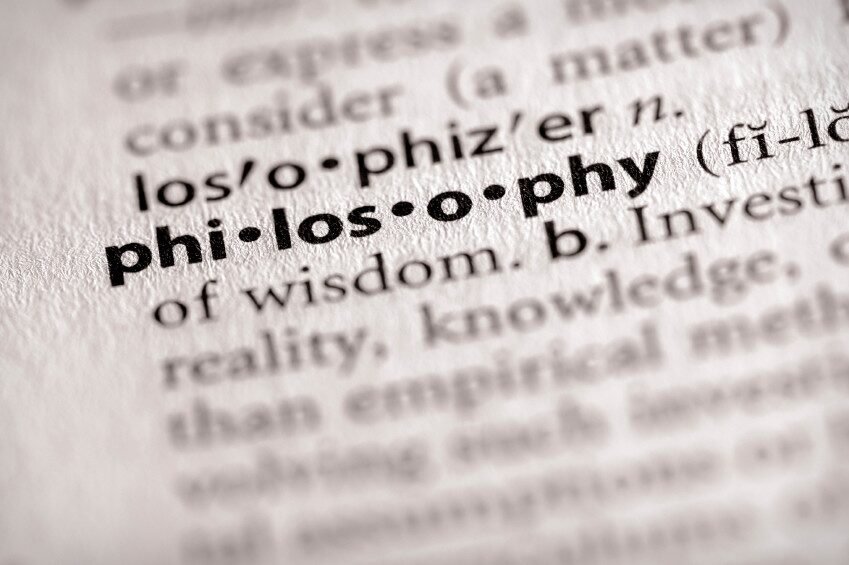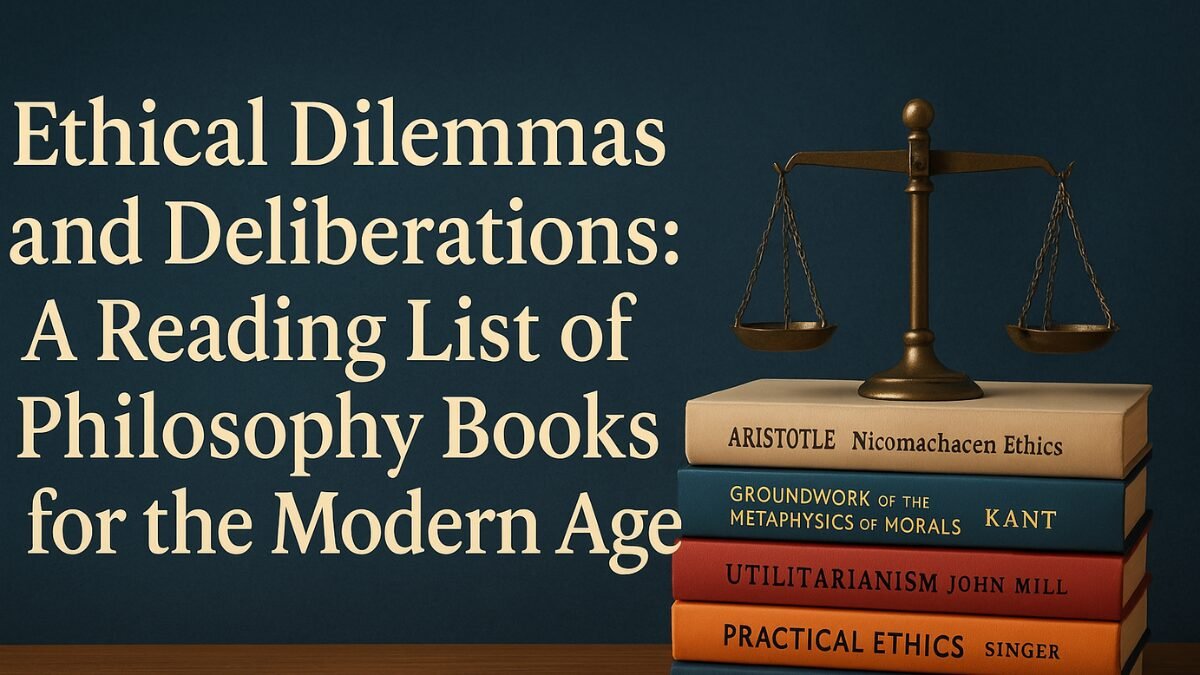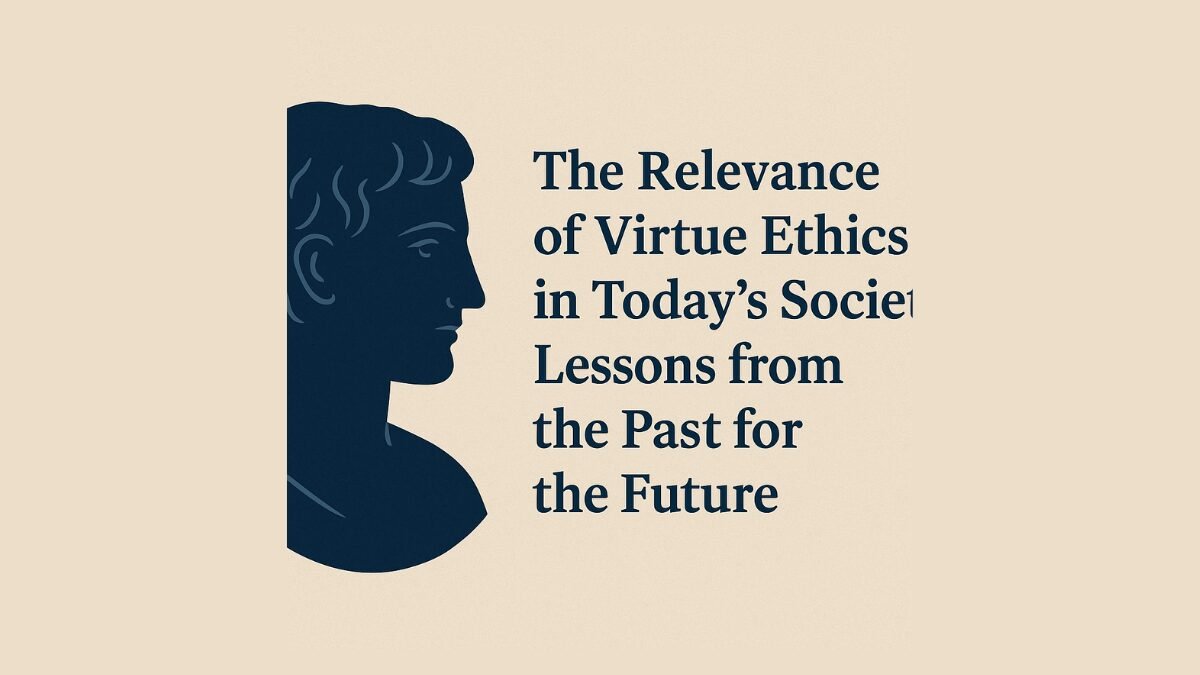Explore the best philosophy books that tackle modern ethical dilemmas and deliberations. Discover timeless readings to navigate today’s moral complexities with clarity.
also read:https://comfortglobalhealths.com/a-comprehensive-guide-to-ethical-theories-throughout-history/
Introduction
In today’s rapidly evolving world, navigating ethical challenges can feel overwhelming. Whether it’s decisions about technology, politics, personal identity, or social justice, we constantly face complex moral questions. Philosophy, a timeless discipline, offers profound tools to understand and deliberate on these ethical dilemmas. “Ethical Dilemmas and Deliberations: A Reading List of Philosophy Books for the Modern Age” is your gateway to wisdom drawn from both classic and contemporary thinkers.
This article presents a comprehensive guide to essential philosophical works that illuminate the moral complexities of modern life. You’ll find books that range from ancient ethics to cutting-edge philosophical inquiries, each tailored to provoke thought, debate, and deeper understanding.
Why Philosophy Matters in the Modern Age
Philosophy isn’t just an academic subject—it’s a guide for life. As we face ethical challenges in areas such as artificial intelligence, climate change, social inequality, and bioethics, understanding the underlying moral frameworks becomes more crucial than ever. Philosophy provides:

- A structured approach to critical thinking
- Tools to analyze personal and societal dilemmas
- Insights into diverse worldviews
- Ethical principles that can guide action in uncertain situations
By studying philosophy, readers cultivate empathy, reasoning, and the ability to articulate informed opinions. These qualities are indispensable in our interconnected and often polarized world.
Exploring the Ethical Dilemmas of Our Time
Ethical dilemmas in the modern age differ from those of the past in scale and complexity. Some prominent examples include:
| Ethical Dilemma | Description |
| AI & Automation | Should machines make moral decisions? |
| Climate Ethics | Do we have a duty to future generations? |
| Social Justice | How do we balance freedom with equity? |
| Digital Privacy | What are the ethical limits of surveillance? |
| Bioethics | Who decides end-of-life choices or genetic editing boundaries? |
These dilemmas call for deep reflection—a need fulfilled by a carefully curated selection of philosophical texts.
The Ultimate Reading List: Ethical Dilemmas and Deliberations in Philosophy
Here is a rich and diverse reading list that aligns with the theme “Ethical Dilemmas and Deliberations: A Reading List of Philosophy Books for the Modern Age”:

1. Groundwork of the Metaphysics of Morals by Immanuel Kant
Kant’s work introduces deontological ethics—a moral philosophy based on duty rather than consequences. In a world where actions often compete with intentions, Kant’s categorical imperative invites readers to consider what ought to be universal moral law.
2. Utilitarianism by John Stuart Mill
Mill’s theory that actions should promote the greatest happiness for the greatest number has modern applications in public policy, healthcare ethics, and environmental strategy. A must-read for understanding consequence-based ethics.
3. The Ethics of Ambiguity by Simone de Beauvoir
A pivotal feminist philosopher, de Beauvoir tackles freedom, responsibility, and ambiguity. This book is essential for understanding existentialist ethics and moral subjectivity in a diverse world.
4. Justice: What’s the Right Thing to Do? by Michael Sandel
Sandel offers a modern and accessible introduction to moral philosophy by engaging with contemporary debates such as affirmative action, income inequality, and same-sex marriage. This is ideal for readers new to ethical deliberation.
5. The Righteous Mind by Jonathan Haidt
Combining psychology and philosophy, Haidt explores why people disagree on moral issues. Understanding this book can improve civic discourse and foster empathy in polarized communities.
6. Ethics in the Real World by Peter Singer
This collection of short essays addresses modern topics like animal rights, global poverty, and effective altruism. Singer’s utilitarian perspective challenges readers to think critically about everyday choices.
7. Moral Tribes by Joshua Greene
Greene examines the clash between instinctive moral thinking and deliberative reasoning. This book is particularly relevant for understanding group dynamics and political conflicts in today’s globalized society.
8. Being Good: A Short Introduction to Ethics by Simon Blackburn
Accessible and thought-provoking, Blackburn presents key moral theories and applies them to issues like euthanasia, terrorism, and human rights. It’s an excellent primer for beginners.
9. Anarchy, State, and Utopia by Robert Nozick
A foundational libertarian text, Nozick’s work explores the role of the state and individual rights. This is essential reading for anyone interested in political ethics and justice in modern governance.
10. The Second Sex by Simone de Beauvoir
Beyond existentialism, this landmark work addresses gender ethics, personal autonomy, and societal roles. It remains highly relevant in the ongoing discourse on identity and equality.
How These Books Address Ethical Dilemmas and Deliberations
Each book in this reading list offers a distinct philosophical lens through which readers can view the dilemmas they face. Here’s how:
- Historical Perspective: Books by Kant and Mill lay foundational ethical theories.
- Contemporary Application: Sandel, Haidt, and Singer apply ethical theories to today’s issues.
- Personal Identity and Freedom: de Beauvoir’s works highlight the ethical implications of gender and autonomy.
- Policy and Politics: Nozick and Greene tackle governance, fairness, and decision-making frameworks.
This spectrum helps readers build both theoretical understanding and practical wisdom.
Ethics for the Digital and Global Age
Modern ethical challenges extend beyond traditional borders and require a more inclusive, global outlook. Key considerations include:

Multicultural Ethics
Globalization brings cultures closer, but also raises ethical questions around tolerance, universality, and cultural relativism. Books like The Righteous Mind help unpack these tensions.
Technology and Morality
Issues such as AI ethics, digital surveillance, and bioengineering demand new ethical frameworks. Peter Singer’s essays offer a forward-looking perspective on these challenges.
Environmental Ethics
Mill’s utilitarianism and Singer’s effective altruism both stress our duty to reduce suffering, which can extend to environmental stewardship and climate action.
Building Your Own Ethical Framework
Reading philosophical texts is just the beginning. To truly engage with ethical dilemmas and deliberations, readers should:
- Reflect on personal values and experiences.
- Engage in respectful discussions with others.
- Stay informed about real-world ethical debates.
- Practice empathy and open-mindedness.
The ultimate goal is to not just absorb theories but to use them in everyday decisions—making philosophy a living, breathing part of your life.
FAQs About Ethical Dilemmas and Deliberations
1. What makes a philosophy book suitable for understanding modern ethical dilemmas?
Books that blend timeless ethical theories with real-world applications are most useful for navigating contemporary moral challenges.
2. Are these books beginner-friendly or only for academics?
Many listed titles, such as Sandel’s Justice and Blackburn’s Being Good, are highly accessible for newcomers.
3. How can I apply these philosophical ideas in daily life?
By reflecting on your choices, discussing with others, and considering consequences or duties before acting.
4. Can these books help in professional settings like law or medicine?
Absolutely. Ethical reasoning is foundational in fields like law, healthcare, tech, and education.
5. Is it necessary to read all these books to understand ethics?
No, even reading a few can offer valuable insights. Start with those that align with your interests.
6. How do philosophical readings differ from religious moral teachings?
Philosophy relies on reason and argument, while religious teachings may be faith-based. Both can complement each other.
7. Are there philosophy books focused on non-Western ethical traditions?
Yes, though not covered in this list, works on Confucian, Buddhist, or African ethics offer rich perspectives.
8. What’s the best way to study these books for deeper understanding?
Join reading groups, take notes, or follow online courses discussing these works.
9. Can teenagers or high school students benefit from these readings?
Yes, especially with accessible titles like Sandel’s Justice or Singer’s essays.
10. Do these books offer solutions or just raise questions?
Both. They often guide readers to form their own ethical positions rather than give one-size-fits-all answers.
Conclusion
In an age defined by complexity and change, grappling with ethical dilemmas is no longer optional—it’s essential. “Ethical Dilemmas and Deliberations: A Reading List of Philosophy Books for the Modern Age” is not just a catalog of great thinkers, but a map for moral exploration. These books empower readers to think critically, act wisely, and lead lives guided by reasoned ethics.
Whether you’re new to philosophy or revisiting old classics, these texts will enrich your moral perspective and offer clarity in a morally ambiguous world. So pick up a book, question deeply, and become part of the ethical conversation shaping our future.










